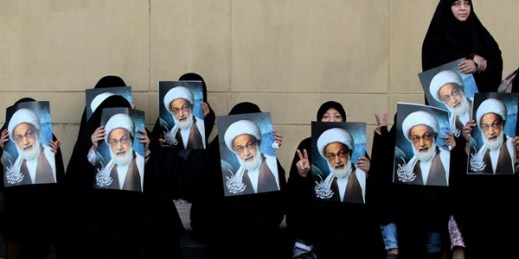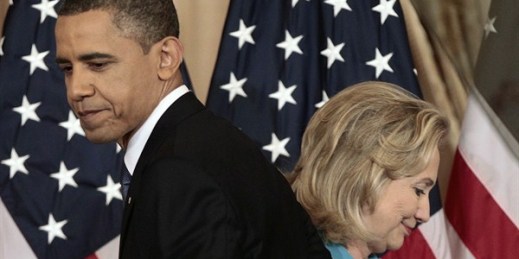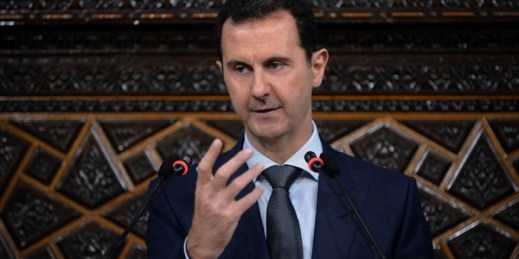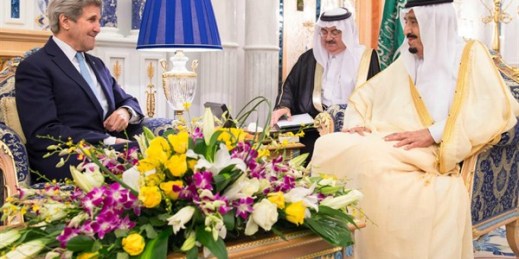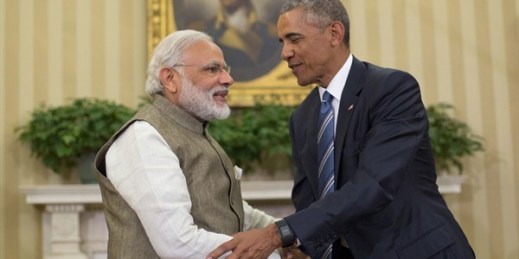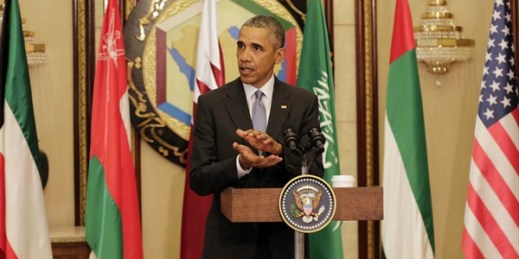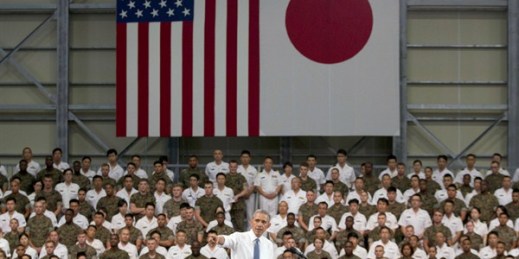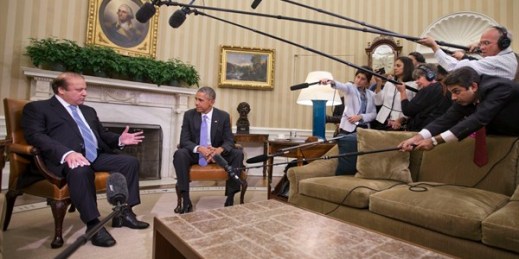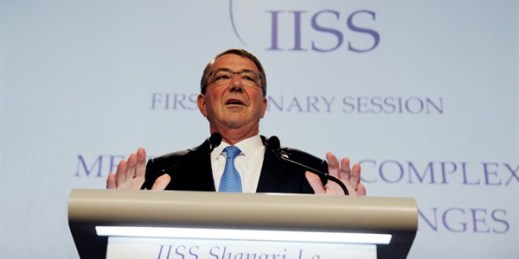
A spate of high-profile diplomatic feuds and military actions related to the South China Sea has raised concern about the direction of U.S.-China relations. At the Shangri La Dialogue held in Singapore from June 3-5, U.S. Secretary of Defense Ash Carter charged that China risked “self isolation” through its behavior in the South China Sea. For their part, Chinese officials and media have dismissed such criticisms. President Xi Jinping has firmly defended Chinese actions in the South China Sea, warning that “China will not accept freedom of navigation as an excuse to undermine China’s sovereignty and national security interests.” One […]

